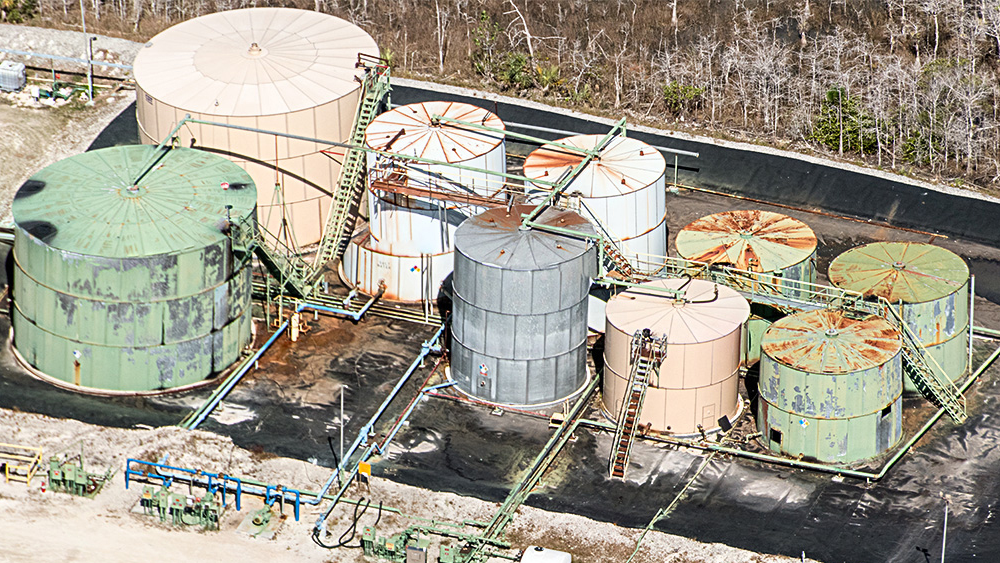Scientists seek environmental causes of breast cancer
Scientists currently know enough about breast cancer “to explain about half the causes,” says Aaron Blair of the National Cancer Institute. To fill in the gaps, researchers are increasingly focusing on possible environmental causes like exposure to radiation or toxic chemicals in air, water, and food. Traditionally, studies have analyzed genetic and reproductive factors — only one of every nine dollars of breast-cancer research money goes to environmental studies — but that is changing, particularly as researchers take note of the fact that breast cancer rates are highest in North America and northern Europe, industrialized areas where the use of human-made chemicals is ubiquitous. The issue is knotty: Breast cancer is highly complex, arising from multiple lifestyle, genetic, and environmental factors that interact in unpredictable ways, and only 10 percent of the 80,000-some chemicals on the marketplace have even been tested for health effects on humans.

